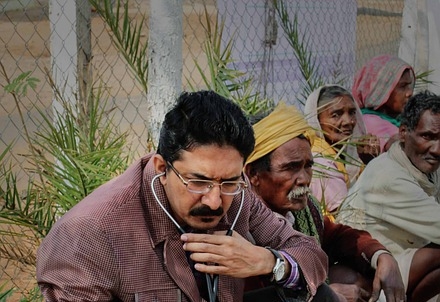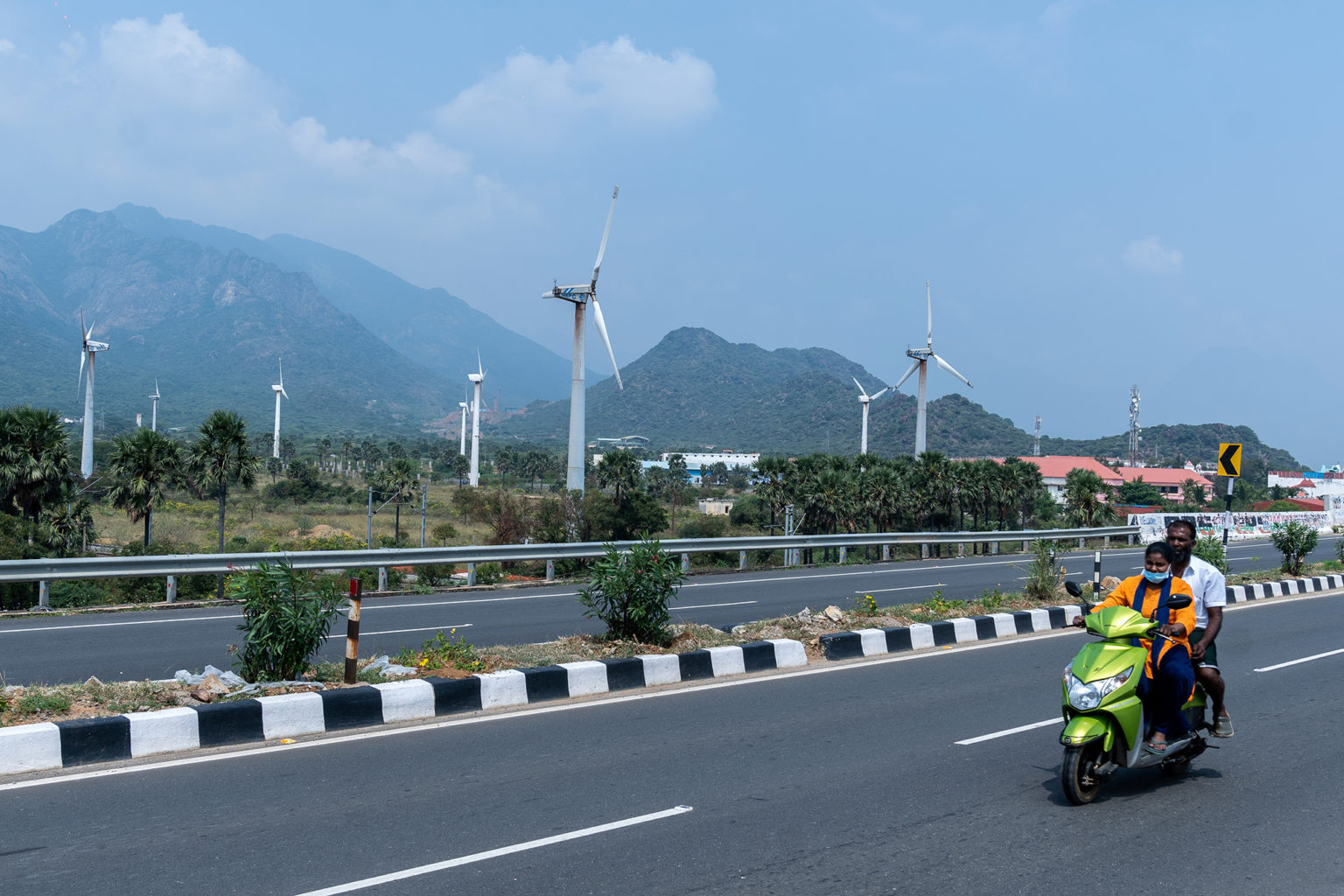These past weeks and months, media commentary on India's 15th general elections focused on alliances being made, broken, and contemplated. Millions of column-inches and hundreds of hours of airtime were devoted to the scrutiny of relationships - past, present and future - among different parties, tendencies, factions and leaders. Now that the results are in, however, and a new government has assumed office, perhaps it is time to think of the substantive policies it might, should, or will enact.
Education
There are four crucial sectors wherein the new government needs to think wisely and well. The first sector is education. Recent decades have seen a surge in enrolments in primary schools across India. This is welcome, not least because the major failure of our democracy has been the inability to educate all its citizens.
Questions may rightly be raised about the quality of instruction in government schools, and in the private schools that have come up to meet this rising demand. The teachers, the facilities, the textbooks, all leave a great deal to be desired. But where once a sharecropper or domestic help was content to let his or her child follow the same profession, now they are absolutely determined to enrol them in schools, preferably English-medium schools, so that they might get jobs less degrading and more paying than those performed by the parents.
Where there is some room for optimism in the primary sector, there has been a rapid decline in the quality of our universities. This is in part the fault of two successive ministers of education who have practised the politics of patronage and ideology. For a full 11 years now, the posts of vice-chancellors of universities and directors of institutes of professional education have largely been filled, not on the basis of intellectual competence, but on the perceived ideological closeness of the favoured candidate to the minister and his circle. (Between 1998 and 2004, it was greatly to an academic administrator's advantage if his own ideology was close to saffron; between 2004 and 2009, it helped if it was close to pink or red.)
Meanwhile, the administration of universities has become even more bureaucratic. Independent research is discouraged, and curricula rarely revised to take account of developments in knowledge. We claim to be a 'knowledge economy', yet even a city of eight million such as Bangalore, allegedly the centre of this economy, does not have a single decent university (nor a single decent library).
Health
The second sector where a crisis looms is health. There are at least two health 'crises'. One pertains to the rising incidence among the affluent of heart disorder, obesity, diabetes and other ailments associated with consumerism and careless living. The other - and more serious - crisis pertains to the rural poor, who remain very vulnerable to water-borne diseases such as diarrhoea and jaundice. Meanwhile, the rates of child malnutrition in some parts of India are worse than those of sub-Saharan Africa. Then there are the newer and potentially deadly diseases such as AIDS.

•
Kerala's development paradox
•
The next frontier in education
•
Missing: A 'healthy' debate
•
An uneven but important journey
Environment
From education and health, let us move on to the environment. If this subject is mentioned at all in the press nowadays, it is in connection with global warming. There is some alarm in the Western world at what might happen as the Indians and the Chinese take increasingly to their own, industrialized, resource-intensive lifestyles. This is a legitimate concern, but it should not obscure the more pressing environmental problems that operate at the local or regional levels. It is not merely because of our international obligations that India needs to be more sensitive to the abuse of nature at human hands. Our major rivers are horribly polluted; our groundwater aquifers horribly depleted. If these conditions are not reversed, then water will be increasingly scarce for drinking, for household use, and, above all, for irrigation.
Our food security is imperilled by profligate patterns of water use, and by the contamination of the soil by an excessive use of agricultural chemicals. Then again, the processes of deforestation over the past few decades have led to shortages of fuelwood and building material for the rural poor, and also to the extinction of plant, bird, and animal species. Other major environmental problems include unacceptably high levels of air pollution in cities, and the unregulated disposal of household and especially industrial waste - these adversely affecting the health of the citizenry even further.
Foreign affairs
The fourth area of policy that needs careful attention is foreign affairs. We live in an increasingly unstable and disturbed neighbourhood. Among our neighbours, Pakistan and Bangladesh both face threats from the rise of radical Islam and from a politically ambitious military. Nepal is challenged by ethnic conflict, by the unwillingness of the Maoists to whole-heartedly enter the democratic process, and by the reactionary remnants of the old royalist regime. Sri Lanka has just come through a brutal civil war, where the military victory of the Sinhalese is likely to produce a fresh cycle of terrorism based on the discontent of the Tamils.
The fault lines in the countries that border us make us more vulnerable to terrorism and to the influx of refugees. Beyond South Asia, the republic of India needs to think carefully and rigorously about how to position itself in the world. Will it serve our long-term national interest if we ally strongly with one major global power, such as the United States of America, or should we instead work bilaterally, so that we simultaneously strengthen our ties with the US, China, Russia and the European Union?
Forward thinking needed
If policy issues are discussed in the mainstream media, they tend to be about the economy. Editorials are written about the need for labour law reform, for example, or advocating a common market unconstrained by state-level taxes and duties. It is time that we pay closer attention to the four sectors identified here. They are each significant in themselves, and each crucial also to the long-term health of the economy. How will India place itself on a sustainable growth path if citizens are not skilled in modern ideas and techniques, or if the labour force is either too fat or too hungry, or if there is no clean water or reliable energy, or if the State has to bear a heavy fiscal burden in sustaining an excessively large military merely to keep peace in the region?
Sharp, clear, forward-looking thinking in these spheres of governance is vital for the future of India and Indians. However, this thinking is not likely to emerge from the political class - at least not unaided. A special responsibility thus devolves on the Indian media. One hopes that, in the months and years to come, some of the space currently reserved for the game of cricket and for the lifestyles of billionaires and filmstars will be spent on finding ways and measures of making the citizens of India more healthy, better educated, environmentally aware, and safe.























